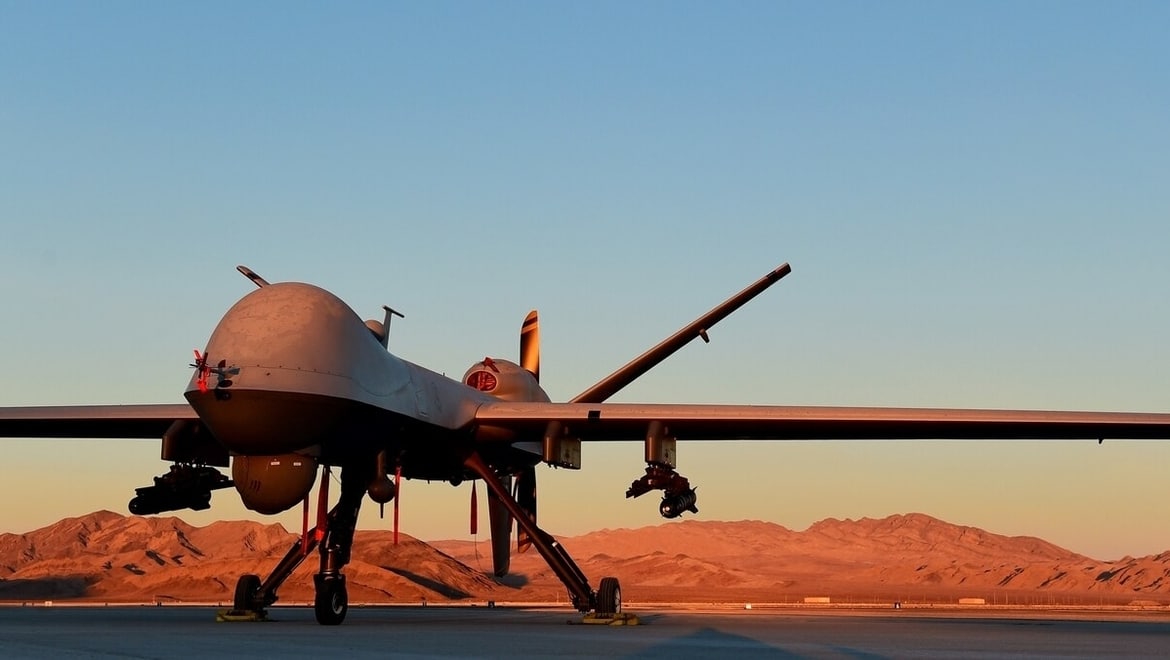
The US Air Force has unveiled several important countermeasures and strategic priorities to protect unmanned aerial vehicles (UAVs) on deployment.
The news comes on the back of an exponential jump in the number of UAVs lost in the Middle East and North Africa (MENA) region.
According to data gathered by Oxford-based NGO Drone Wars UK, 24 coalition UAVs were downed in the first six months of this year, representing a sharp increase on the 14 recorded last year – and even more so on the two-three yearly cases typical of the 2014-2018 period.
Speaking at a briefing hosted by the USAF’s Mitchell Institute on 29 June, General Jeffrey Harrigian insists that the service has become too complacent in its deployment of UAVs. “Over time we developed some [tactics, techniques and procedures] that were probably a bit too predictable,” he said.
Going beyond a change in baseline strategy, Gen Harrigian said that the service may even look to couple its UAVs with additional protective equipment – such as the purpose-built self-protection pod recently released by General Atomics.
Such a device would be compatible with all models released and serviced by General Atomics – which includes the US Army’s MQ-1C Gray Eagle, as well as the USAF MQ-9 Reaper. The retrofitted technology would be capable of dazzling heat-seeking missiles through the use of infrared technology.
The news of upgrades to the Reaper comes despite a competitive tender program to replace the dated MQ-9 model launched on 3 June, though it would ensure models currently in service are able to see out their life cycle effectively. While the Reaper remains one of the more popular models in service with the USAF today, DoD budget estimates show that the USAF is due to round up its purchase of the model in 2020.
Gen Harrigian, who heads up the USAF in Europe and Africa, also added that the service is looking to go beyond adjustments to equipment and battlefield strategy, and is actively seeking to re-evaluate the holistic picture of UAV acquisition and deployment.
To that end, the service also announced plans in recent weeks to retire 21 of 31 Northrop Grumman RQ-4 Global Hawks.




